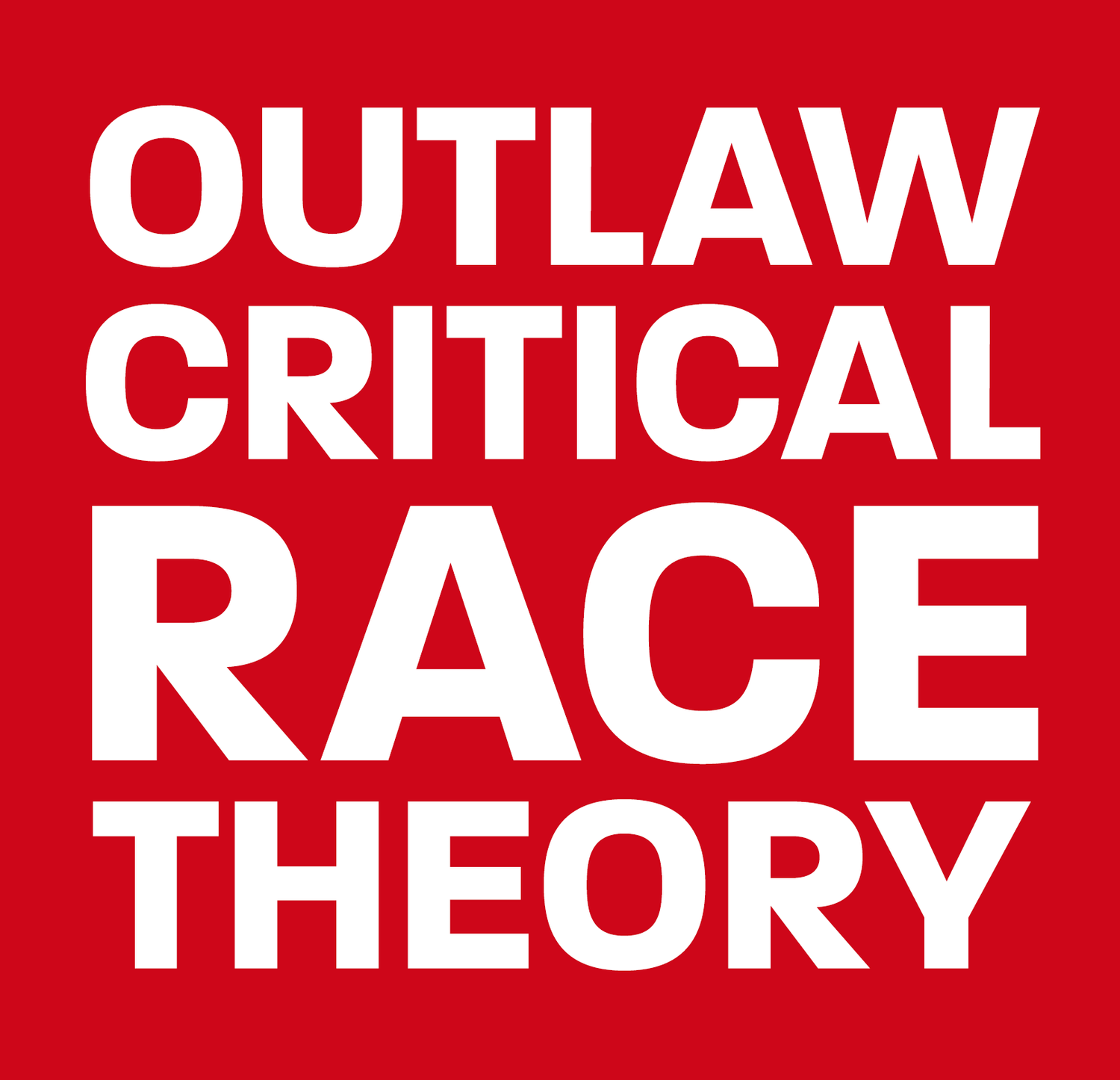Constitutional ban on ‘critical race theory’ in Arizona schools, universities is one vote away from the November ballot
Originally Published on AZ Mirror
Republican legislators want voters to make it unconstitutional for Arizona public schools, colleges and universities to teach so-called “critical race theory,” a move that will come at the detriment of quality education, critics say.
The proposed constitutional amendment would capitalize on a nationwide GOP movement to demonize critical race theory — a high-level field of academic study about the ways in which racism has become embedded in various aspects of society — and turn it into a catchall term for various race-related teachings, including instruction on “white privilege” and “anti-racism” curriculum.
“We are saying that you cannot guilt a kid because of the color of their skin,” said Sen. Kelly Townsend, R-Apache Junction.
House Concurrent Resolution 2001 is based on the false premise that critical race theory encourages white students to feel guilty for historical racism. The theory doesn’t assign blame to any one group, but rather analyzes how racism contributes to inequality, such as the way racist policies in previous generations may affect contemporary housing trends.
The legislation declares that critical race theory violates the Fourteenth Amendment and Civil Rights Act of 1964. It would ban schools from teaching that any racial group is inherently racist, or that individuals are to blame for the actions of members of their racial or ethnic group.
It also would prohibit schools from engaging in affirmative action policies that favor some applicants over others based on race or ethnicity beyond outreach and advertising campaigns — which is already banned in state law.
The measure had stalled in the Senate Education Committee, where it had failed to receive a hearing. But Rep. Steve Kaiser, a Phoenix Republican and the sponsor of HCR 2001, convinced Senate President Karen Fann to remove it from the Education Committee and instead assign it to the Appropriations Committee, where it was heard Tuesday.
Sen. Sean Bowie questioned whether it was a good idea to put such broad language into a ballot measure, given that voter-approved legislation is more difficult to revise. A similar proposal is working through the House, he said, that would statutorily ban critical race theory and would be much easier to deal with if problems arose. Constitutional amendments can only be approved by voters.
“If the voters do approve this, as they’ve approved other things in the past, it’s really hard to change it if there are unintended consequences,” he said.
Joe Cohn, lobbyist for the Foundation for Individual Rights in Education, which advocates for free speech rights on college campuses, said the bill would restrict the strategies and resources teachers can use….

